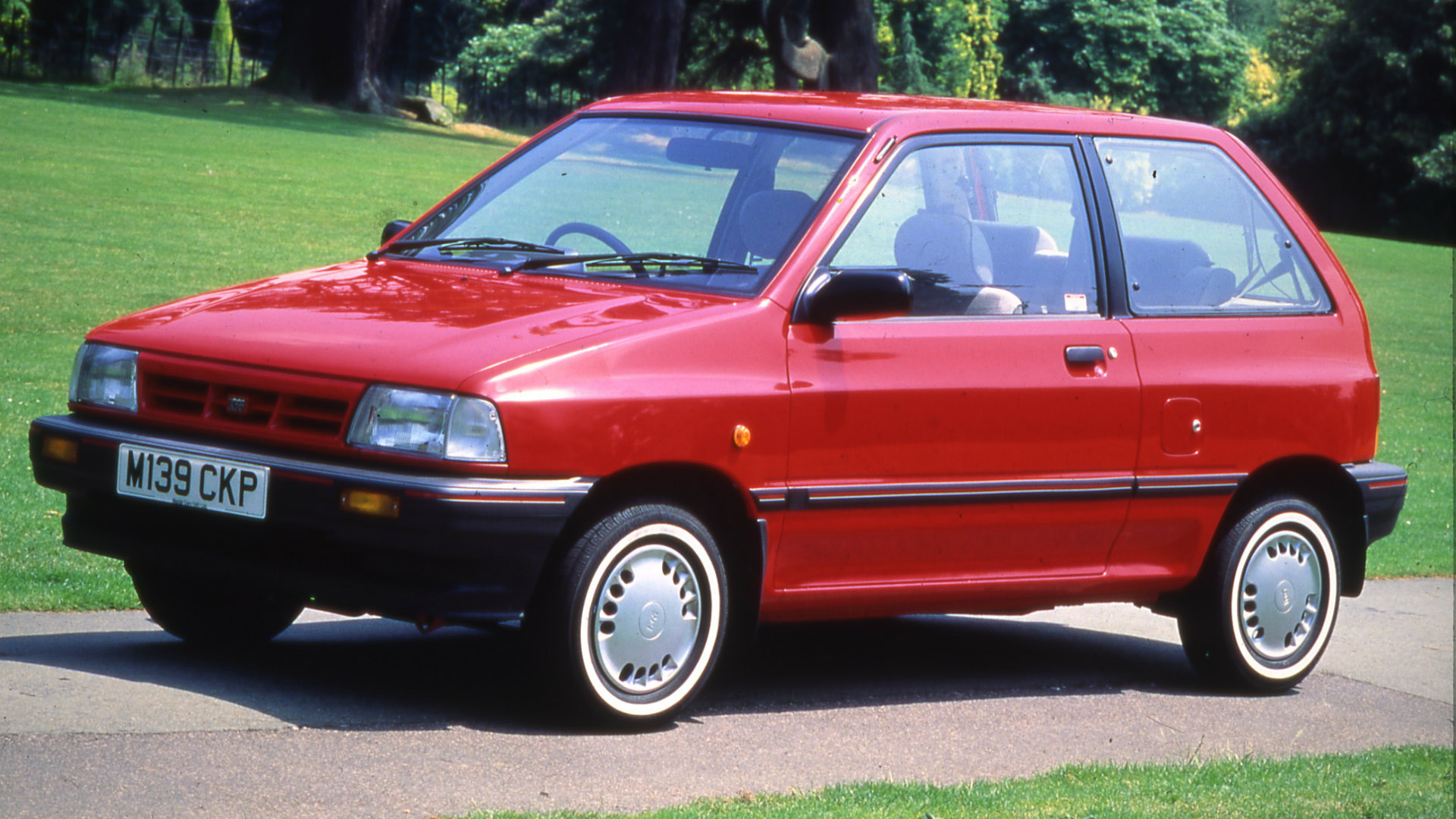SAIPA En Route to Phasing Out Pride

EghtesadOnline: The long-running debate over halting the production of Pride, a poor-quality small city car produced by Iranian automaker SAIPA, has reportedly been concluded with a clear and close deadline.
According to Seyyed Javad Soleimani, SAIPA’s CEO, the company stopped manufacturing one of five Pride models on Thursday, ISNA reported.
“Pride model 132 will no longer be produced by the company. The production of other Pride models, namely 111, 131, 141 and 151 will be gradually phased out,” Financial Tribune quoted her as saying.
The move is based on a multilateral agreement reached by the domestic carmaker, the Industries Ministry and Iran Traffic Police.
This is not the first time that the impending death of Pride hit the headlines. Policymakers and industry executives had earlier promised to halt its production and replace it with quality vehicles. However, these promises remain unfulfilled.
In November 2019, Nayereh Pirouzbakht, the head of the Institute of Standards and Industrial Research of Iran, announced that the production of all Pride models will be halted by June 2020.
“The plan is to gradually remove substandard vehicles from production lines,” she said, adding that ISIRI will soon publish a progress report.
According to Pirouzbakht, those who have already purchased the two models will receive their vehicles before the deadline (June 2020), but license plates will not be issued for vehicles produced after this date.
Policymakers and industry executives also promised to support the plan and help replace the scrapped vehicles with better quality vehicles, but this will not materialize in the absence of suitable alternatives.
The company has announced that once Pride is crossed out of SAIPA’s list of products, eight new models will be introduced to fill the gap.
Amir Hassan Kakaei, a market analyst, believes there are no suitable alternatives for these models, but their retirement "will force customers to go for other models".
"The automaker continue to suggest substitutes that are of better quality compared to Pride, but a wide price difference makes the substitutes unappealing for customers," he said.
However, taking the company’s statements on preparing new alternatives, the quality of any new models should be doubly scrutinized, considering the company’s not-so-brilliant track record vis-a-vis production standards.
Standards Issues
As per reports by Iran Standards and Quality Inspection Company, the national body in charge of inspecting vehicles, Pride suffers from low quality and several safety failures. In fact, the car never earned more than one star in the organization’s five-star ranking system.
The model has been produced for more than two decades now, until it was thrust into the limelight when the director of ISIRI publicly criticized the continued production of the inferior model.
Three years ago, ISIRI and Iran’s Automotive Policymaking Council set new automotive standards and gave a two-year ultimatum to automakers to comply.
The production of vehicles that fail to comply with 83 automotive standards was expected to be halted by the end of 2018. SAIPA's Pride topped the elimination list. However, when the deadline drew closer, carmakers started protesting about “the sudden imposition of stringent rules”.
Carmakers complained that if the new standards are imposed, they will be forced to shut down 70% of their production lines and lay off thousands of workers.
Despite the growing criticisms from environmentalists and the public against Pride production, former CEO of SAIPA, Mehdi Jamali, had earlier maintained that the production of the model will continue “as long as there is demand for the model”.
Pride is the cheapest car in Iran, sold at a company price from 373 million rials to 400 million rials ($2,762-$2,962). Its different models are traded at 520 million rials to 600 million rials ($3,851-$4,444) in the open market.
SAIPA says it has sold over 7 million Prides since production started in 1993 in Iran.
Life Hazard
Pride is based on a Kia Motor hatchback from the 1980s. The South Korean firm ended the production of this car in 2000. The car was widely sold in the United States as a Ford Festiva in the early 1990s. It entered the Iranian market in 1993 under license from Kia and has continued to be a cash cow for SAIPA.
Referring to a recent study conducted on Iranian road traffic accidents recorded over the past decade, Traffic Police chief, General Kamal Hadianfar, said in September 2019 that Pride was involved in one-third of the fatalities.
Road accidents claimed 206,049 lives in the 11-year period ending March 2019, data from Iranian Legal Medicine Organization show. According to the research findings, up to 34% of the figure, constituting 70,056 victims, died in a Pride car.
“Speaking of driving safety, drivers’ adherence to traffic regulations is of the highest importance, but the vehicle’s quality also matters. Pride lacks the required standards of a regular passenger car and leads to an average of 3.8 deaths in each crash,” Hadianfar concluded.


